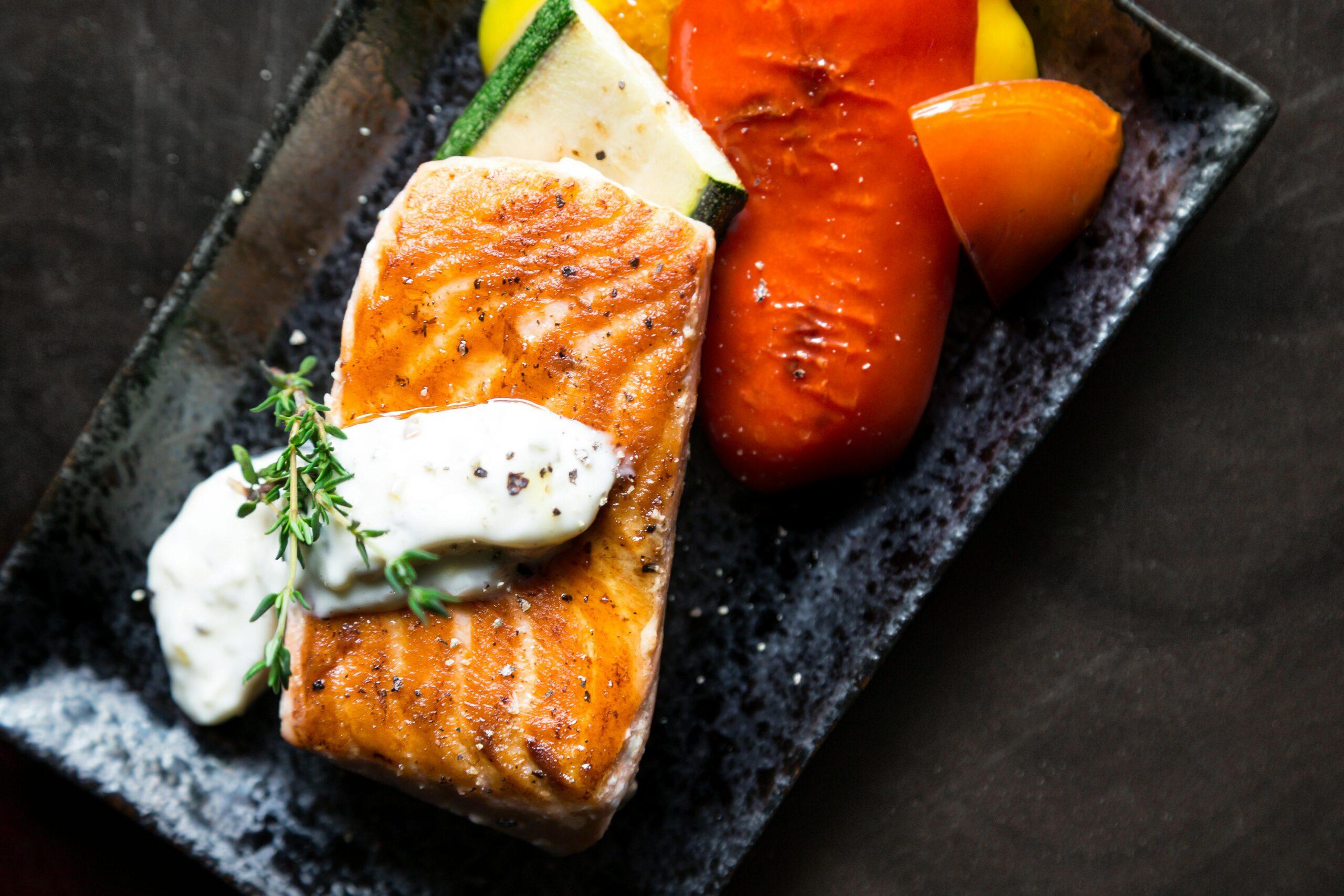Protein Facts and Fallacies for athletes

Protein Facts and Fallacies for Athletes
Protein Intake for Athletes: Why the RDA Isn’t Enough

Protein is one of the most important—and misunderstood—nutrients for athletes. Too often, I see athletes following outdated advice, aiming for the “minimum” recommendation of 0.8 g/kg per day. That number was designed to prevent deficiency, not to help you perform, recover, or thrive.
As a functional sports nutritionist, I work with athletes every day who need real, evidence-based guidance on protein. And the truth is simple: if you want to build muscle, recover properly, and maintain performance as you age, you need more than the RDA.
Why the RDA Misses the Mark
At 0.8 g/kg, the RDA would tell a 150-pound athlete to eat about 55 grams of protein daily. That’s barely two meals’ worth for someone training five or six days a week.
The result? Many athletes are unintentionally under-fueling. They may struggle with recovery, lose lean mass during heavy training or calorie restriction, or fail to adapt fully to their workouts.
How Much Protein Athletes Really Need
For most athletes, the sweet spot falls between 1.2 and 2.0 g/kg per day (roughly 0.55–1 g per pound).
This range supports:
-
Muscle repair and growth
-
Improved recovery between sessions
-
Reduced injury risk
-
Better strength and endurance adaptations
-
Long-term maintenance of lean body mass as you age
Importantly, the right number within this range depends on you—your training type, goals, age, and overall health status.
What Peter Attia Adds to the Conversation
I often get asked about what longevity experts recommend, and here I’ll reference Dr. Peter Attia, who has made this point clear:
“The RDA for protein is the minimum amount to prevent deficiency, not the amount to optimize health, function, or longevity.”
I agree-and for athletes, optimizing is the whole point.
Food First, Supplements When Needed
Whole foods should always be your foundation. Salmon, eggs, Greek yogurt, lentils, beans, poultry, and tofu provide protein alongside essential micronutrients, phytochemicals, and healthy fats. This synergy is something no supplement can fully replace.
That said, strategic supplementation—whey, casein, or a high-quality plant-based protein—can be very helpful during periods of high training load, when traveling, or when appetite makes it hard to hit daily targets.
Key Takeaway for Athletes
Protein needs aren’t about meeting a minimum. They’re about fueling your performance today and protecting your health for tomorrow. If you want to train harder, recover faster, and age stronger, aim for 1.2–2.0 g/kg per day, adjusted to your needs and goals.
FAQs: Protein and Athletes
1. How much protein should I eat per meal?
Aim for 20–40 grams per meal, depending on body size and training load. Spreading protein across 3–4 meals works best.
2. Does protein timing matter?
Timing is important and including protein around training (before or after) can support recovery.
3. Can I eat too much protein?
Protein needs are highly individualized. While many athletes do well at the higher end of the recommended range, going significantly above that may not provide additional benefit and may not be appropriate for everyone—especially those with underlying medical conditions. It’s best to tailor intake to your goals, body composition, and health status.
4. Are protein powders necessary?
Not if you consistently meet your needs with whole foods. But powders are a convenient tool for busy athletes.
As a functional sports nutritionist, I specialize in creating personalized performance nutrition plans. Whether you’re training for competition, managing recovery, or looking to age well as an athlete, I’ll help you get the most from your nutrition.
👉 Schedule your consultation today
